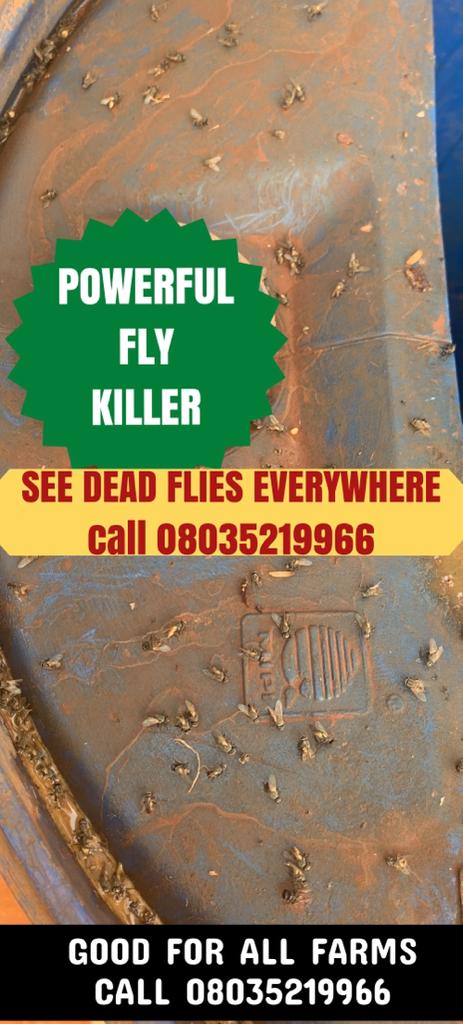11 unforgettable facts about fowl cholera
1. Fowl cholera is a bacterial disease that affects domestic poultry such as chickens, turkeys, and ducks. The disease is caused by the bacteria Pasteurella multocida.
 Learn More
Learn More
2. The bacteria can survive in the environment for up to five months, making it easy for the disease to spread and affect multiple flocks.
3. Fowl cholera can be transmitted through contaminated feed, water, or equipment, as well as direct contact with infected birds.
4. The symptoms of fowl cholera include respiratory distress, fever, diarrhea, and sudden death.
READ ALSO 14 facts some farmers may not know about Newcastle disease in poultry
5. The disease can be diagnosed through post-mortem examination and bacterial culture.
6. Antibiotics such as amoxicillin and tetracycline are effective in treating fowl cholera, but prevention through good biosecurity measures is the best approach.
7. Fowl cholera is a reportable disease in many countries, meaning that it must be reported to the authorities if suspected or confirmed.
ATTENTION: Click “HERE” to receive More updates directly on your WhatsApp!
8. The disease can have a significant economic impact on the poultry industry, as infected birds may need to be culled to prevent further spread.

9. Fowl cholera can also affect wild birds such as waterfowl and game birds, which can act as a reservoir for the disease.
10. Vaccines are available for fowl cholera, but their use is limited due to the different strains of the bacteria and the need for frequent booster shots.
READ ALSO Vaccination Schedule for Turkeys
11. Good hygiene and biosecurity practices, such as disinfecting equipment and limiting contact with outside birds, can greatly reduce the risk of fowl cholera outbreaks.
🧩CREATED BY DR JOSEPH DEJI-FOLUTILE















